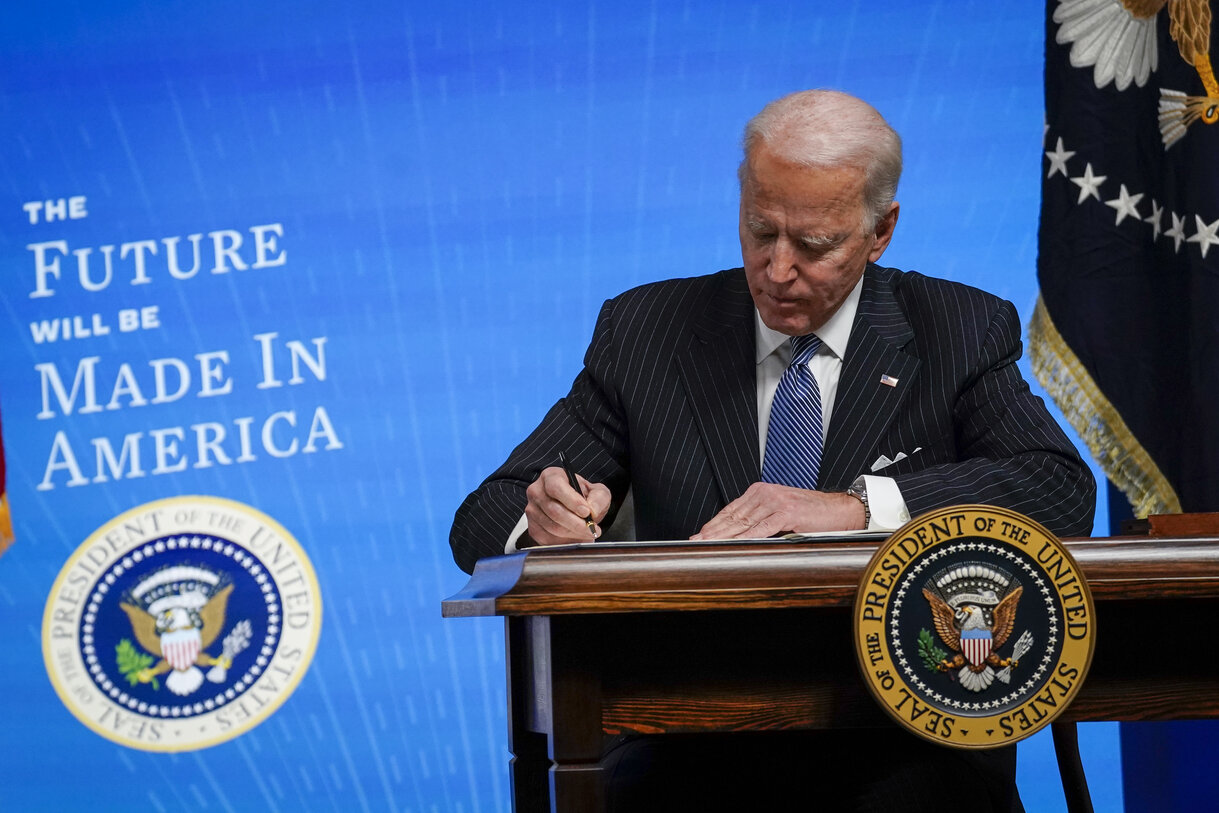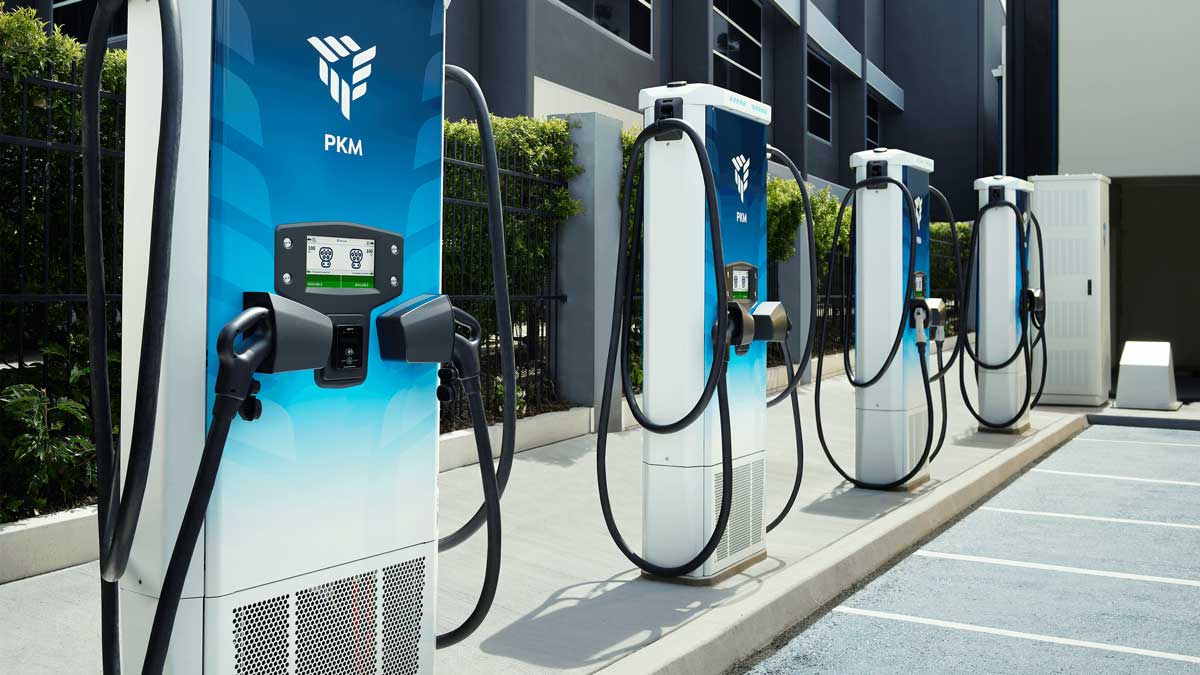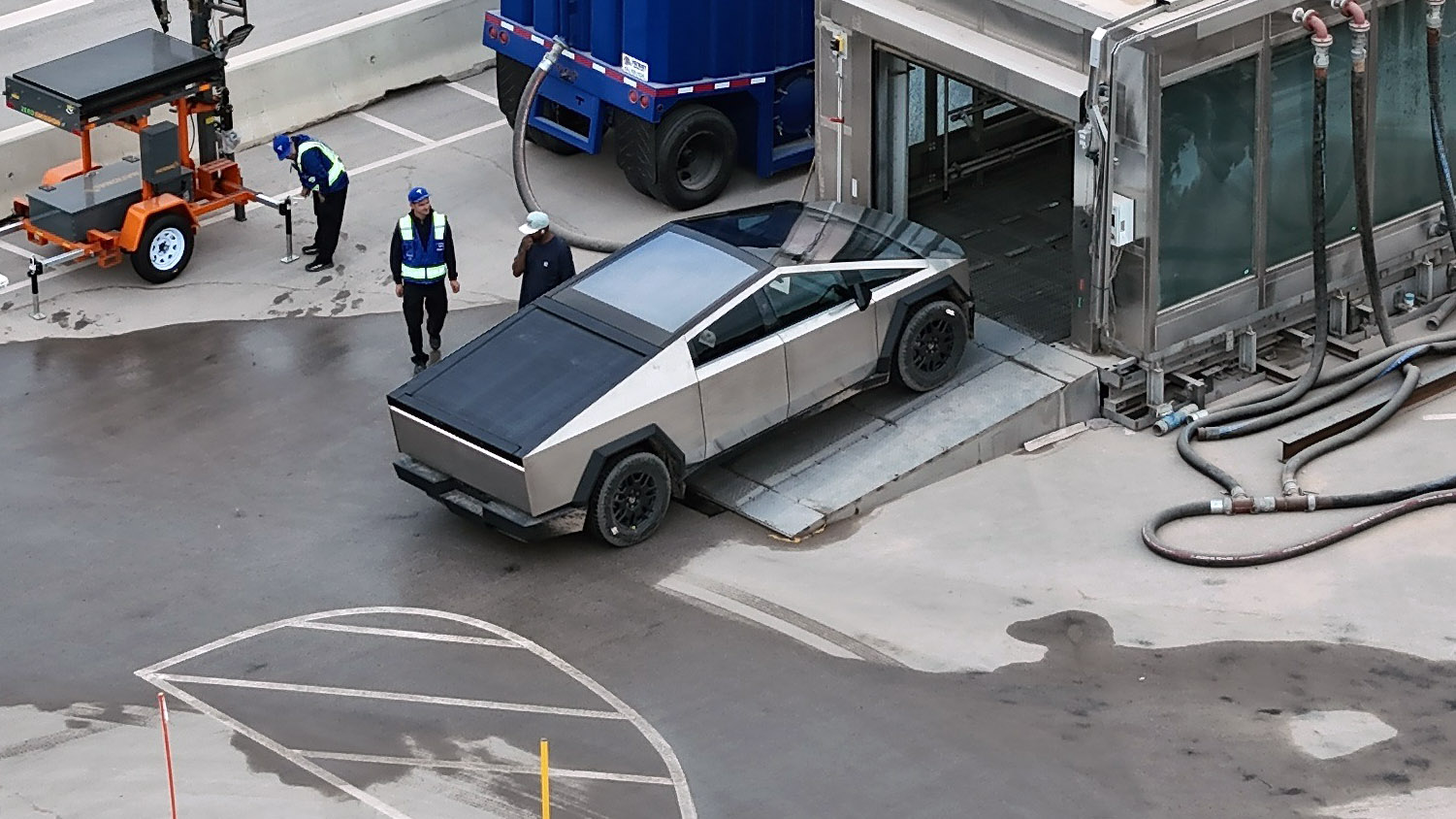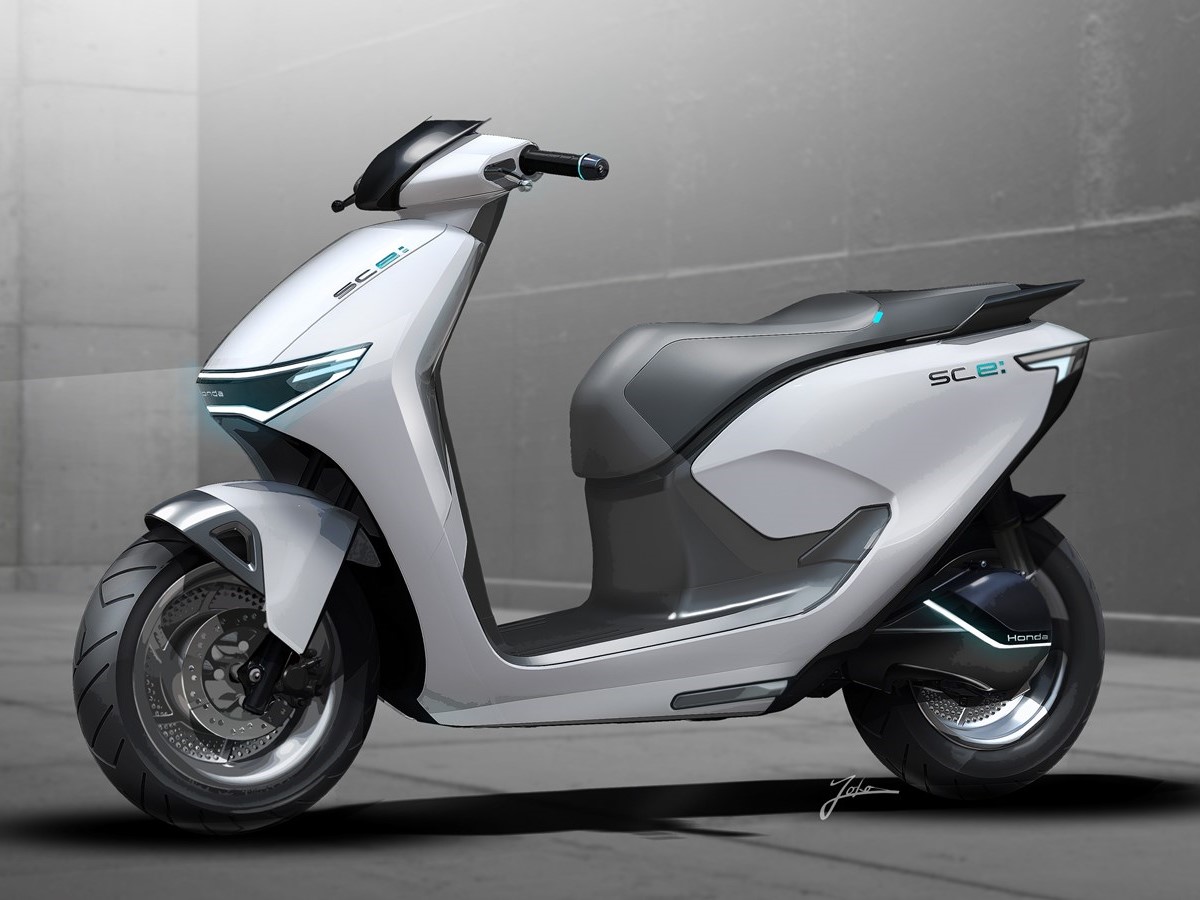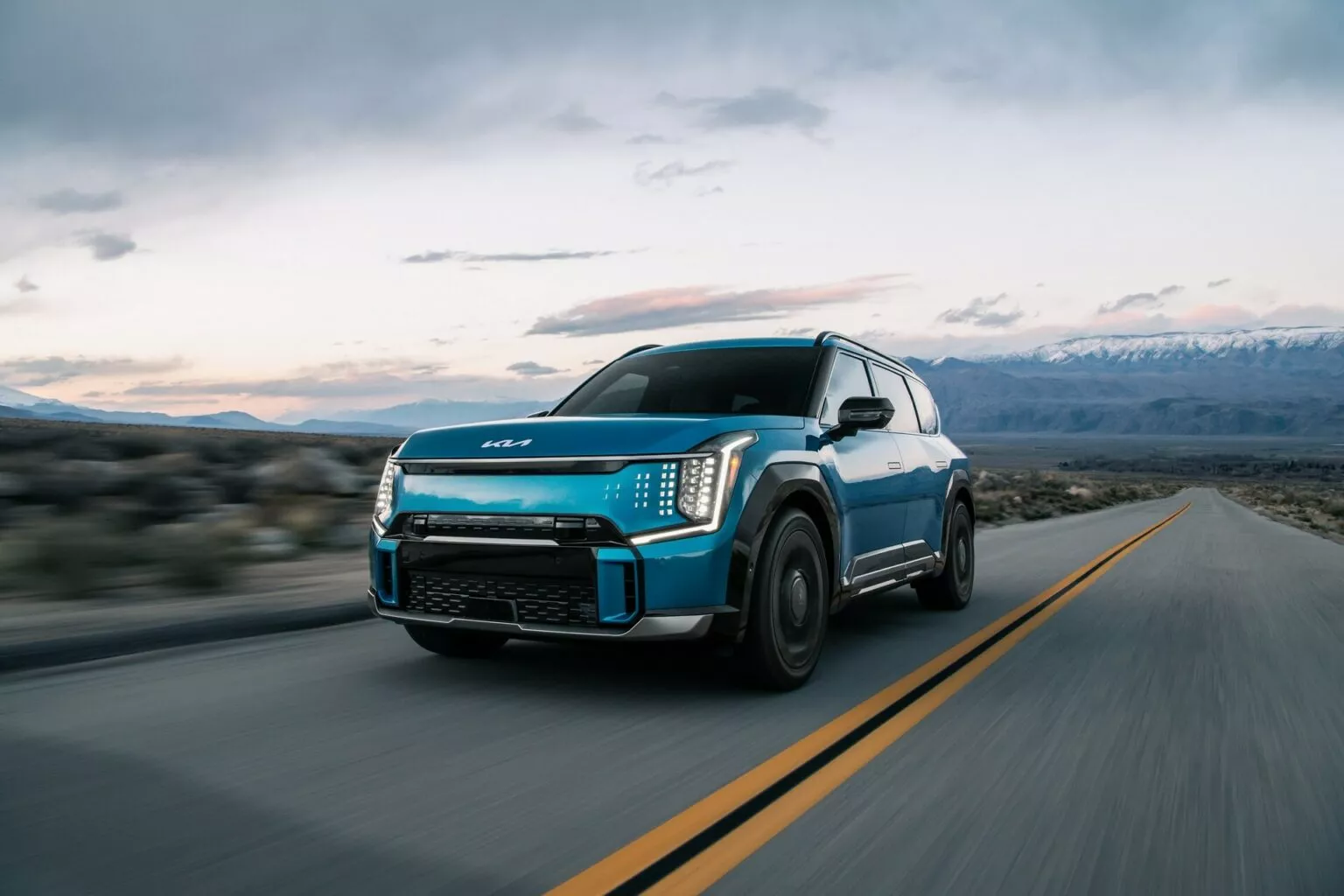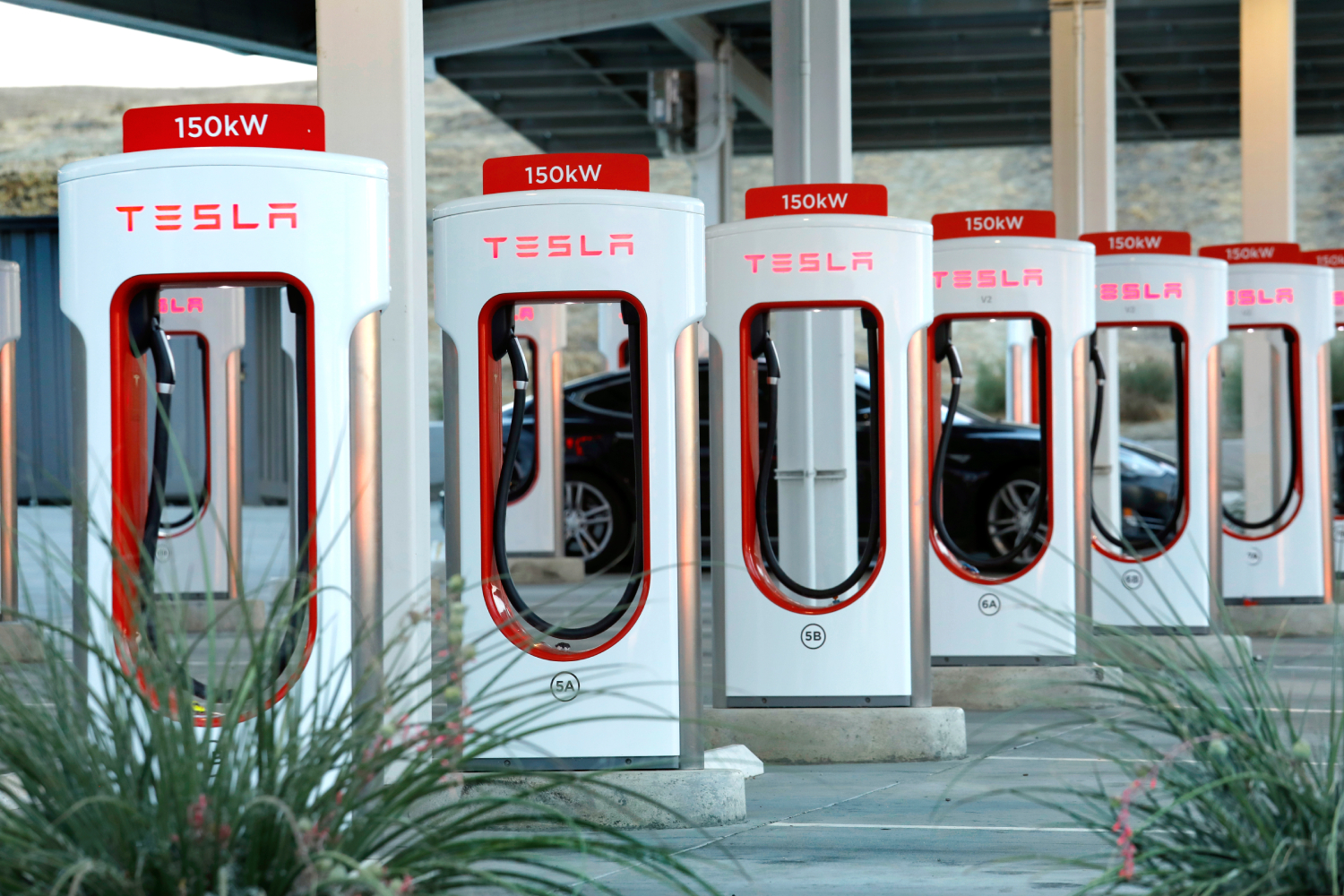In the wake of the United Auto Workers’ (UAW) successful strike against major US automakers, President Joe Biden has voiced his support for the UAW’s endeavor to unionize Tesla and Toyota. This announcement comes ahead of a planned meeting between President Biden and UAW president Shawn Fain.
The UAW recently concluded a historic strike against GM, Ford, and Stellantis, securing improved pay and contract provisions for its workers at all three companies. However, the UAW has already outlined its future plans, indicating a desire to expand its unionization efforts to include more automakers.
In a statement following the resolution of the strike, Fain declared the intention to return to the bargaining table in 2028, specifically on May 1, known as May Day or International Workers’ Day. Notably, this time the discussions won’t be limited to the “Big Three” but may extend to include a “Big Five or Big Six.”
The UAW’s expressed motivation is clear – a strategic move to organize additional auto companies in the United States, with Toyota and Tesla being prominent candidates for unionization.
President Biden’s forthcoming meeting with the UAW adds weight to the union’s objectives, as he publicly endorsed the push to unionize Toyota and Tesla. Following the UAW’s recent success, Toyota promptly announced a pay raise for its non-unionized auto workers, illustrating the broader impact of union victories on industry practices.
Responding to Biden’s remarks, Toyota emphasized its commitment to fostering positive morale, noting that the decision to unionize ultimately rests with its team members.
Meanwhile, Tesla, a company with a history of resistance to unionization efforts, has not immediately mirrored Toyota’s pay increase. The UAW has previously sought to unionize Tesla, although those efforts were inactive for some time. With Fain assuming the UAW presidency in 2023, there are indications of a renewed push for unionization.
As discussions unfold, the stance of Tesla CEO Elon Musk remains uncertain. In 2022, Musk expressed a willingness to allow a union vote, but past actions have raised doubts about the company’s receptiveness to unionization efforts.
The evolving situation underscores the complex dynamics between automakers, labor unions, and governmental support, as the industry navigates issues of workers’ rights, pay, and working conditions.

